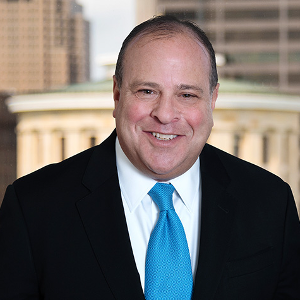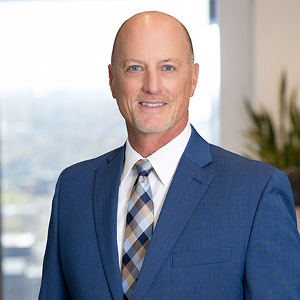Except for the Supreme Court, appellate judges rarely make broad sweeping statements with their court decisions. Typically, a panel of appellate judges listen to a single case and issue a written decision regarding the facts and applicable law of that single case. In December, the Seventh Circuit Court of Appeals (covering Wisconsin, Illinois and Indiana) came as close as possible for an appellate court to make a broad sweeping statement on a topic. In the span of two days, the Seventh Circuit issued five written decisions on the topic of a debtor’s ability to maintain a FDCPA claim in federal court. These decisions consistently explained that a debtor must allege a real and concrete injury to have standing to pursue a FDCPA claim in federal court.
Whether or not a claim can be pursued in federal court is determined by a concept called jurisdiction or standing. Only certain types of claims may be litigated in federal court. A claimant under the FDCPA does not have an automatic right to pursue the claim in federal court. A few years ago, the Supreme Court clarified the concept of standing for those pursuing a FDCPA claim. (Spokeo, Inc. v. Robbins, 136 S. Ct. 1540 (2016)). This decision more narrowly restricted standing in these types of cases by highlighting the need for a claimant to allege and prove an injury in fact. Since that decision, lower appellate courts have issued decisions interpreting what constitutes an injury in fact to permit FDCPA claims to remain in federal court. The Seventh Circuit’s recent release of five decisions in short order sent a strong message that debtors’ claims alleging only technical violations of the FDCPA, where there is no associated concrete injury, are not welcome in the federal courts of the Seventh Circuit.
The Seventh Circuit issued decisions in five appeals: Larkin v. Finance Sys. of Green Bay, Inc.; Gunn v. Thrasher, Buschman & Voelkel, P.C.; Brunett v. Convergent Outsourcing, Inc.; Spuhler v. State Collection Services, Inc.; Bazile v. Finance Sys. of Green Bay, Inc. These decisions are impactful not only because the five decisions were released in two days, but also because the reasoning behind the decisions was consistent. Furthermore, eight of the nine active judges on the Seventh Circuit participated in at least one of the appeals.
In two of the decisions, the Seventh Circuit converted dismissals for failure to state a claim into dismissals for lack of standing. (Larkin, Gunn). In another, the Seventh Circuit changed a dismissal of a plaintiff’s claim on summary judgment to a dismissal for lack of standing. (Brunett). In the fourth decision, a summary judgment decision in favor of the plaintiff was vacated and the district court was directed to dismiss the case for lack of standing. (Spuhler). In the fifth case, the Seventh Circuit found factual issues regarding subject matter jurisdiction (standing) needed to be decided by the lower court. (Bazile).
The prime takeaway from these decisions is that it will be significantly more difficult for FDCPA claims alleging mere technical violations of the law to proceed in federal court. Claimants must show they sustained an actual injury due to a FDCPA violation. For example, if a dunning letter contains a misstatement that constitutes a violation of the FDCPA, the debtor must allege and show the misstatement led the debtor to take some adverse action. Claims alleging that a dunning letter confused the debtor or caused the debtor to be irritated or annoyed do not present a real, concrete injury to merit standing in federal court.
As a result of these decisions, debtors may avoid filing FDCPA claims in federal court and file more of these claims in state court. They may also begin including more state law consumer protection claims in their complaints. It remains to be seen whether state court judges will tolerate claims based solely on technical statutory violations, or if they will follow the lead of the Seventh Circuit and find legal justification under state law to dismiss them.
These articles, legal alerts, and videos are for informational purposes only. We are not providing legal advice or creating an attorney/client relationship with this information. Furthermore, the law is constantly changing and these materials may no longer be current. Please consult legal counsel regarding your specific legal situation


























